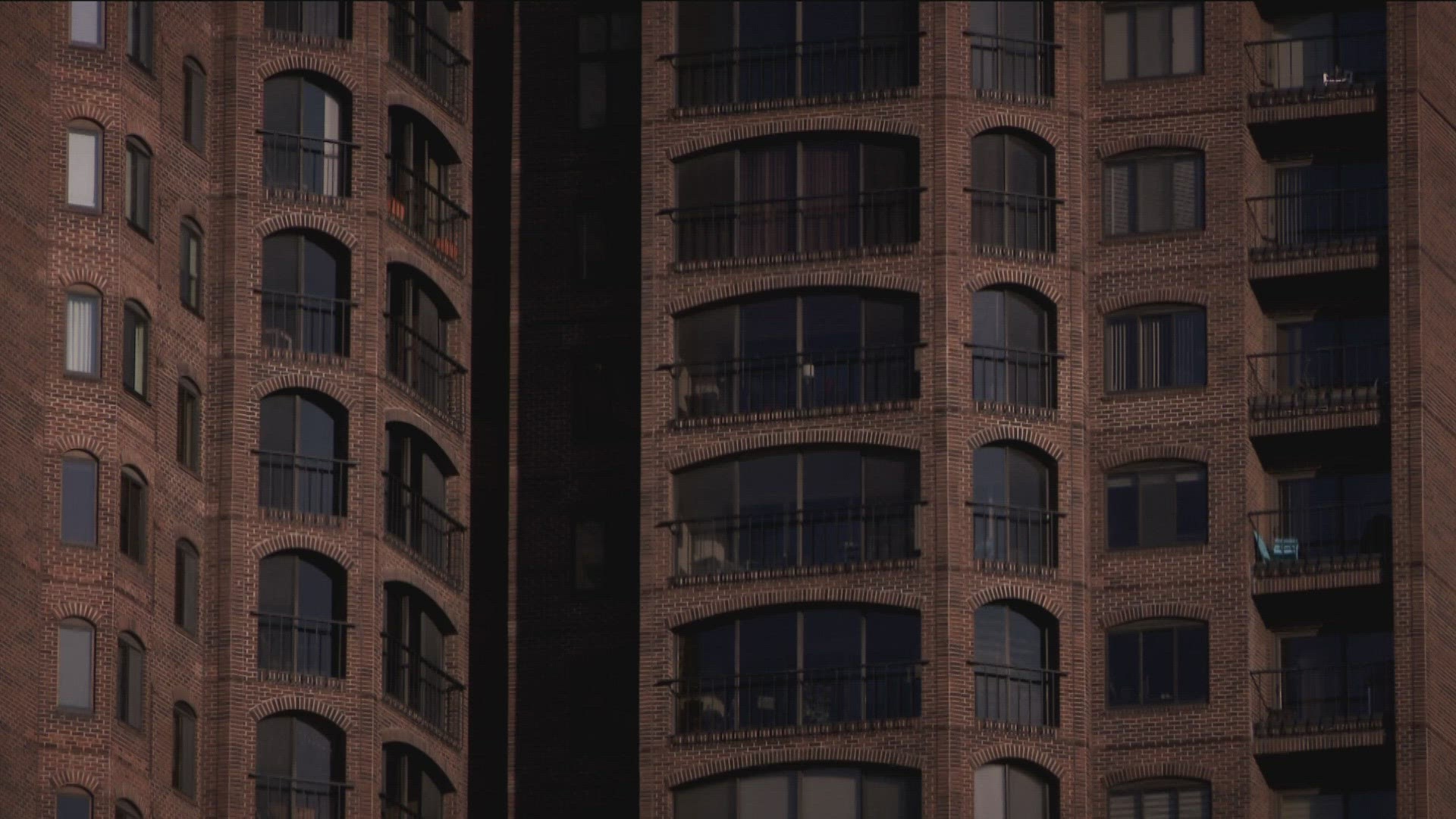ST PAUL, Minn. — On Monday, roughly a dozen new housing laws took effect in Minnesota, impacting the relationship between property owners and hundreds of thousands of renters across the state.
However, it's a housing policy taking effect later this year — in June — that has stirred much debate in the industry heading into 2024. The law in question, passed by the state legislature last spring as a part of the public safety bill, will prevent landlords from pursuing evictions against renters who commit certain crimes away from the property.
According to the revised statute, residential landlords cannot penalize a renter or terminate a lease "for the conduct of the residential tenant, household member, or guest occurring off of the premises or curtilage of the premises" (The legal term "curtilage" is generally interpreted as the area immediately surrounding a property). The nine-line change to state law still allows landlords to pursue eviction if a tenant is accused of a "crime of violence" against somebody associated with the building, or if they are actually convicted of any crime of violence anywhere. Still, the law as written represents a notable restriction on so-called "crime-free lease provisions," which landlords ask renters to sign when they move into a unit.
Cecil Smith of the Minnesota Multi Housing Association, which represents housing providers, said he's "very troubled" by the pending change. Although the law gives landlords the ability to issue penalties for conduct occurring on the "curtilage" of a property, that might not necessarily cover a public area nearby.
"In the street, across the street, dealing drugs across the street, that's a problem," Smith said. "We know our renters expect to have a safe place to live and we want to make sure they have that."
Smith, whose group is active at the state capitol, said he'll bring up the issue again when the legislature returns in February.
"We hope the legislature takes a very careful look at that law," Smith said, "before it comes into effect."
On the other hand, tenants' rights groups such as HOME Line have praised the change for effectively barring landlords from evicting renters for minor crimes. HOME Line, along with other groups like the ACLU, have generally criticized the use of crime-free lease provisions, which have been subject to litigation across the state. Some cities, such as Bloomington, have removed or changed their crime-free lease policies in recent years.
Mike Vraa, the managing attorney at HOME Line and operator of a tenant hotline, said anywhere from 50 to 60 cities in Minnesota have crime-free lease provisions included in their city codes. The new state law would supersede those local policies.
"Under the current rule, there's an argument that if a tenant was caught shoplifting in Baltimore, then the landlord could evict them in Minnesota," Vraa said. "This law limits what the landlord can evict for — criminal offenses that occur off-site."
Vraa noted the exceptions for "crimes of violence," which in Minnesota includes murder, assault, manslaughter and many other serious felonies.
"If we're talking about the big crimes, the chances are the tenant is going to be living elsewhere anyway. They're going to be housed in a correctional facility," Vraa said. "I've heard landlords really, I think, overly concerned about this issue. I don't think it's something that comes up as often as they're portraying it."
Despite the change taking effect in June, property owners will still have the authority to pursue evictions for crimes that occur on their property. That includes use of illegal drugs on the premises, illegal use of a firearm, possession of stolen property and prostitution. According to the state Attorney General's office, renters that become subject to eviction proceedings for these purposes have the right to a hearing within five to seven days.
Watch more local news:
Watch the latest local news from the Twin Cities and across Minnesota in our YouTube playlist:

